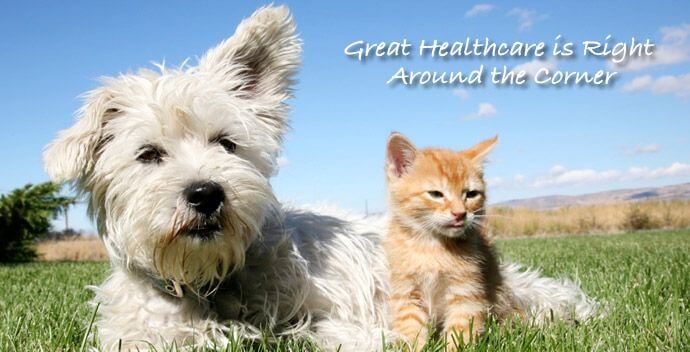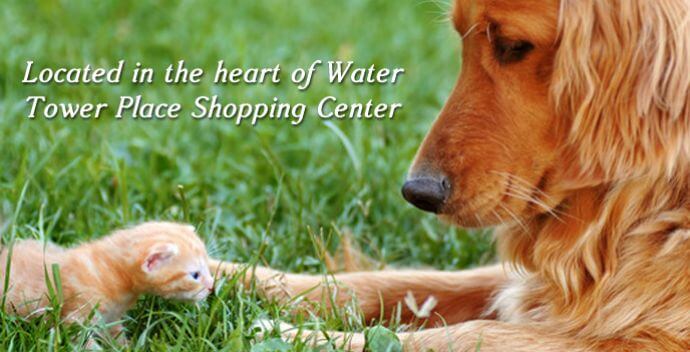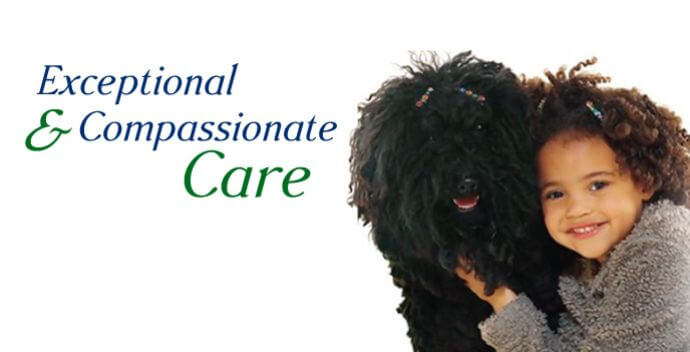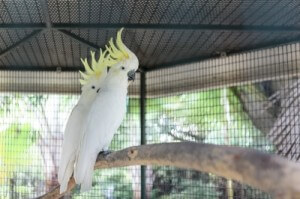Choosing a Pet Bird
Before you buy that cage you might want to consider what owning a bird looks like. Birds aren’t just something pretty to look at like a painting, these are social animals that need high levels of care like that of a dog. So before you purchase a feathered friend, you should find out what type of bird best suits your current lifestyle.
Your time availability , economic situation, and current environment are all factors when deciding which bird species is best for you. These factors will determine how big of a bird you should get and what type. Bigger birds need more socializing, food and space. Smaller birds require socializing on a smaller scale, eat less food and take up less space. This might seem elementary, but you should still consider the bird’s natural habits and vocalization before bringing one home.
Here are ten things you should consider before buying a bird.
NoiseBirds make a lot of noise. The bigger the bird the larger the noise. Not all birds have pretty voices, and some vocalizations can be ear splitting. Make sure that the noise of the bird is not going to rattle your cage. If you’re not sure you can cope with a loud squawk, then you should consider a different type of bird or animal altogether.
TimeIn order for a bird to be tame you need time and patience. If you buy a bird already tame then you need to continue the level of care to ensure the bird stays that way. You”l need to handle and interact with the bird everyday. Try to make it fit into your schedule so the bird knows when to expect you. However, don’t expect your bird to socialize with everyone.
SocializingIf you want your bird to be more accepting of the people in your home, make sure that the responsibilities that come with bird ownership aren’t laid on one person. When multiple people interact with the bird they will be more accepting of those people, but don’t expect that circle to widen and include people outside of the care givers.
Feeding TimeWhen birds eat it is a messy affair. This is a natural occurrence, in the wild this eating behavior feeds other animals below the trees. So be ready to clean everyday underneath the bird’s cage. You can buy cage catchers, but it won’t catch everything, so be prepared to get out the vacuum or broom daily.
DietBird seed only gives a bird a bit of the nutrients they need everyday. You can feed your bird fresh fruit and veggies to ensure that your bird is getting all the daily recommended amount of nutrition they require.
Beak HealthBirds need to wear down their beaks because they grow constantly. Also they need to work their jaw muscles which means they need stimulation for their beaks. You’ll have to supply your bird with toys that help them to wear down their beak, and be vigilant watching the bird when it’s out of its cage, otherwise your furniture and plants will be attacked by the bird.
House PlantsMany house plants are poisonous to birds, so you’ll have to throw out any plant that poses a health risk to your feathered friend. Here’s a link that lists house plants toxic to birds.
In Your HouseAfter you’re done reading about the plants that are hazardous to birds, the next thing you’ll need to do is get rid of your teflon non-stick cookware. These pots and pans give off an odorless fume that can kill a bird within minutes of exposure. You’ll also have to get rid of scented candles, air fresheners and oils. These all contain chemicals that can harm a bird’s sensitive respiratory system. This includes smoking, the second hand smoke from you cigarette can kill your bird, so if you’re a smoker, a bird may not be the pet for you unless you can be diligent about smoking outside away from you pet.
WakingBirds awake with the sun, so be prepared to wake up very early. You can buy cage covers that block the sun and keep you bird sleeping longer, but bird’s are naturally early risers. They expect you to get up when they do and to be fed shortly after waking. You may have to adjust your schedule if you purchase a bird.
What You WearBirds are attracted to shiny objects, if you’ve got jewelry or sequin shirts, best not to wear them around your bird when they’re out of their cage. Or take them off before handling your bird. Buttons are particular targets for birds. Keep extra buttons and a sewing kit handy, because you may find that you need it.











 Website Created by TCP Global Solutions
Website Created by TCP Global Solutions